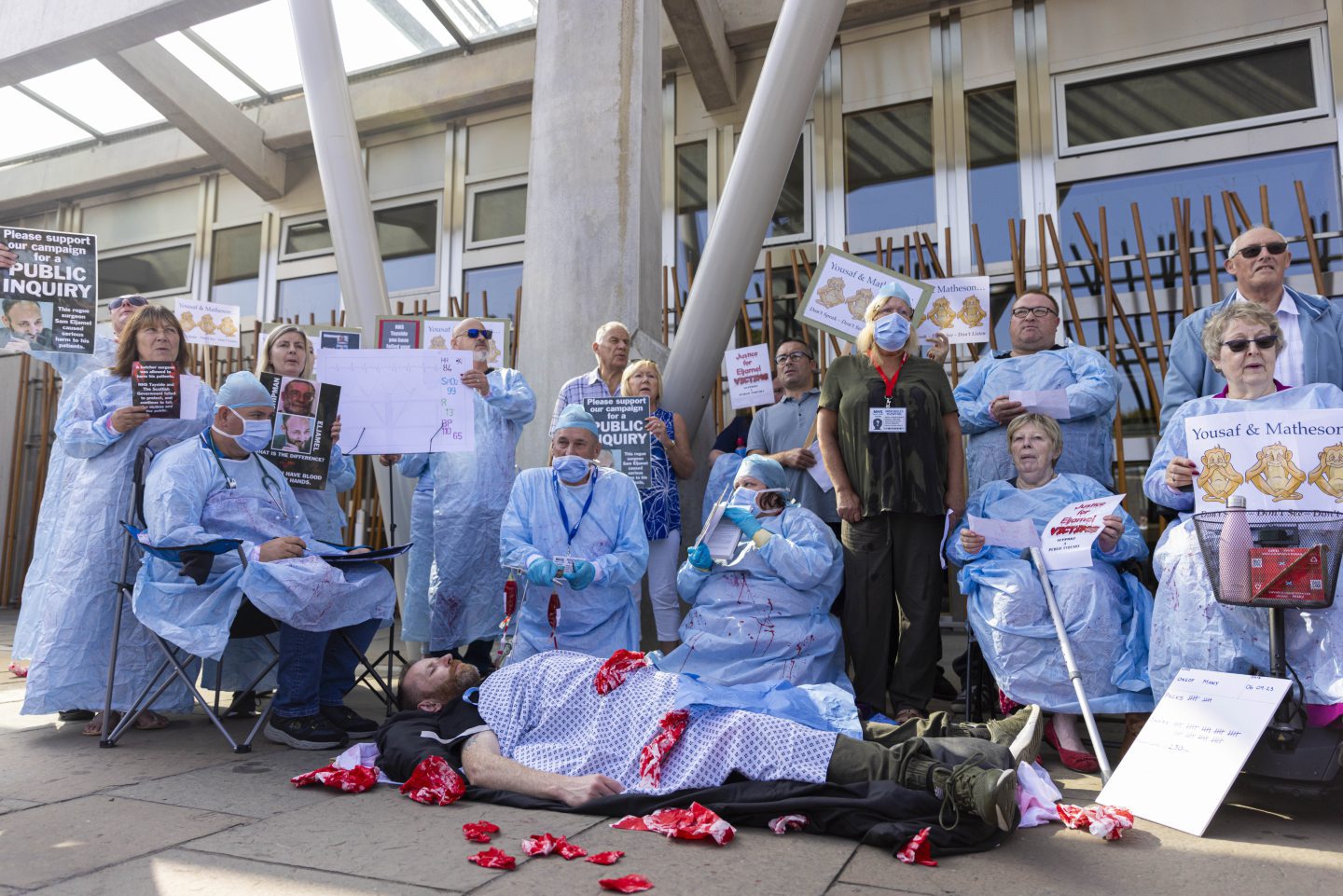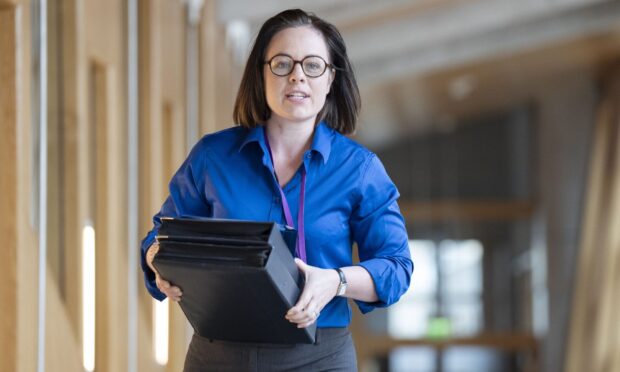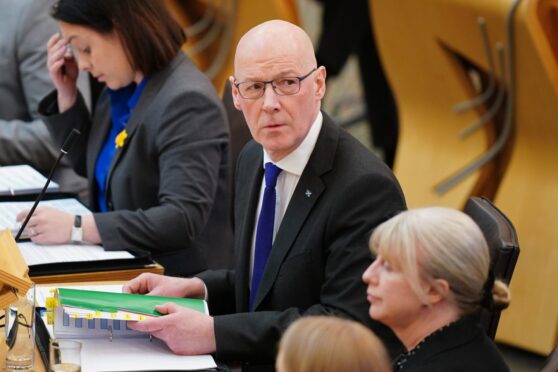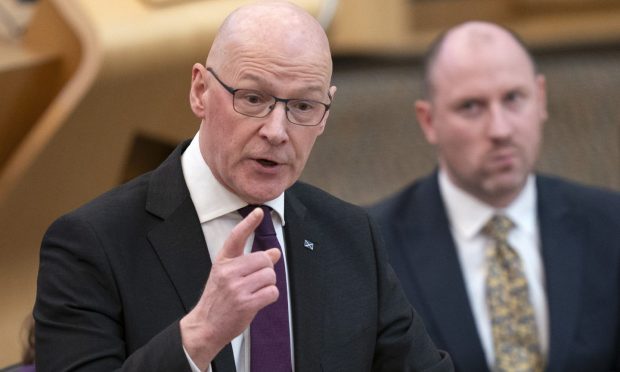There’s no doubt in my mind The Courier played a critical role in securing a public inquiry in to the actions of surgeon Sam Eljamel.
We’re going through a period of great distrust in traditional establishments and disengagement from political processes.
Many of us look on at scandals and just shrug. Not because we lack either anger or empathy, but because we’re just not that surprised.
We also have little hope things will change.
That’s why proper investigative journalism and campaigning matters. Seeking the truth and pursuing the facts is the business of journalism and in the public interest of citizens.
Securing this public inquiry is tantamount to that.
Not least because many people don’t want this inquiry to take place. Perhaps they’re concerned about what it will uncover.
Perhaps they’re worried it will just take too long and use too much public money, only to be ignored.
‘Great injustice happened here’
By my reckoning there are at least 15 public inquiries currently underway. The oldest of which is the Edinburgh Trams inquiry which officially opened in 2014.
I know it well because I was the MSP that called for it from the backbenches of the Scottish Parliament in 2011 just a month into the job.
It’s been investigating the overspending and decision-making with regards to the Edinburgh Trams project for nearly 10 years.
A whole new extension line to Leith has been built in that period.
As every month goes by the value of that inquiry diminishes. The opportunity to learn lessons has passed, key decision makers have moved on, retired, potentially even passed away.
The Infected Blood Inquiry is looking at decisions taken in the 1970s – its focus is surely therefore on justice and reparations.
The Post Office Horizon IT inquiry is critical to understanding why so many people were criminalised and lost their livelihoods to a computer glitch.
There’s something about just having an inquiry in the first place that says “a great injustice happened here”.
That’s worth a tremendous amount to the families affected in the first place. However the instigation of one doesn’t necessarily bring the peace or answers people are looking for.
Particularly if they continue untrammelled so to speak for year after year.
The gold standard of a public inquiry is one that’s clearly independent of government, judge-led and with the power to compel witnesses to give evidence.
That fierce independence is key but also means judges are untouchable with regards to the time they take.
Naturally they expect to do a thorough job on their own terms, but must that really be without any sense or expectation as to when justice might be served?
Eljamel remit
Inquiries have clear remits and the best of those are constructed alongside the people with the greatest interest in the pursuit of the truth, most notably the victims.
Is it too much to ask that any remit for the Eljamel inquiry includes a deadline for its findings?
Or could it take an interim approach to it findings, updating people on the facts as and when they are established, rather than waiting for a thumping great report to land on the table?
The Leveson Inquiry, which looked at the ethics of the press including phone hacking, ran to over 2,000 pages.
Securing an inquiry into Eljamel is a great victory but it’s also only the beginning.
Campaigners and investigative journalists can’t afford to relax now and, if anything, they’ll have to work harder to ensure the remit is the right and the expectations of timescales understood.
The victims of Eljamel deserve nothing less.
Lorna Slater cartoon isn’t the answer
One thing Scottish politics really lacks is proper satire.
A sense of humour astutely applied to the work of our parliament and the characters within it.
It needn’t be a Spitting Image for Holyrood.
There’s something about that format that, whilst cutting edge at time, feels out dated now.
Breaking the News does a decent job on the BBC Radio Scotland but it’s not exclusively about politics so doesn’t cover the depth we might hope for.
I’m ready to be accused of hypocrisy here as I’m about to state that I’m all for political satire as long it’s funny.
I’ve just watched a horrendous cartoon on Twitter about the Green MSP Lorna Slater which is branded as being the work of the BBC Radio Scotland.
It takes the mickey out of our ministerial limousine habit, fair enough.
But it also uses broad brush stereotypes about her Canadian heritage and there’s a distinct whiff of misogyny about the whole thing.
Why her, why now? Why is a radio station making cartoons?
I’m all for introducing a bit of satirical humour into politics and by god we need it, but this isn’t the answer.














Conversation